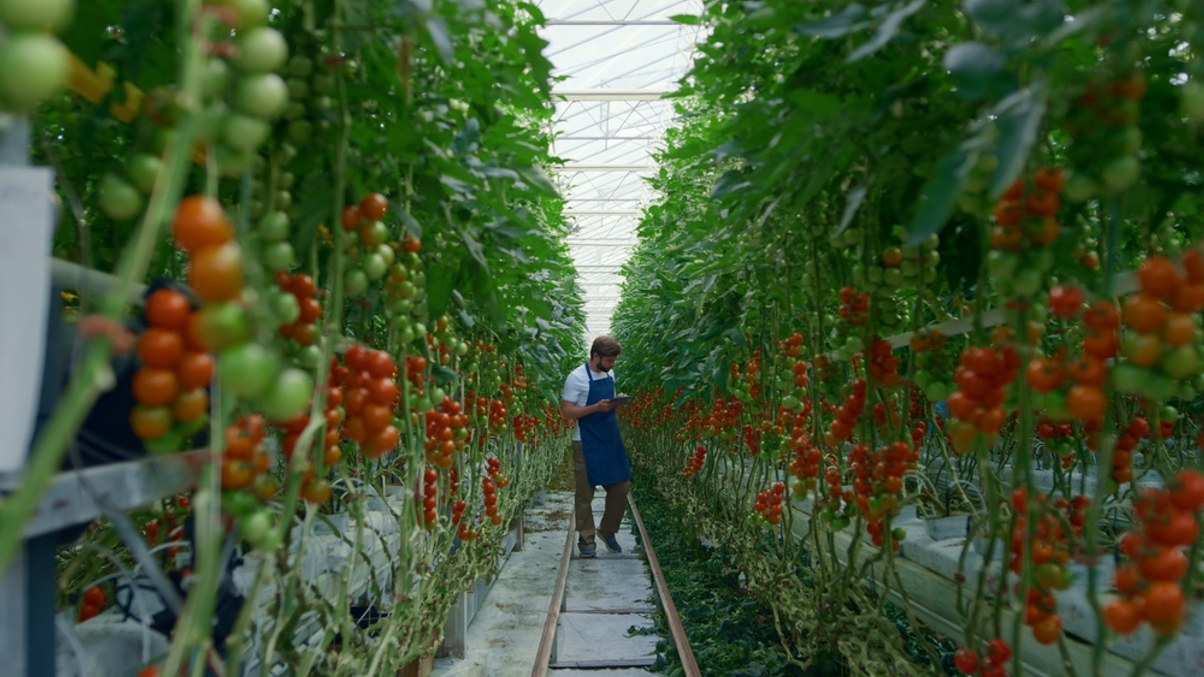Genting Group family office reveals agri-food, healthcare bets
Two Trees Capital makes use of in-house scientists and data as part of its investment process, and looks to collaborate with government and universities.

Sign in to read on!
Registered users get 2 free articles in 30 days.
Subscribers have full unlimited access to AsianInvestor
Not signed up? New users get 2 free articles per month, plus a 7-day unlimited free trial.
¬ Haymarket Media Limited. All rights reserved.


